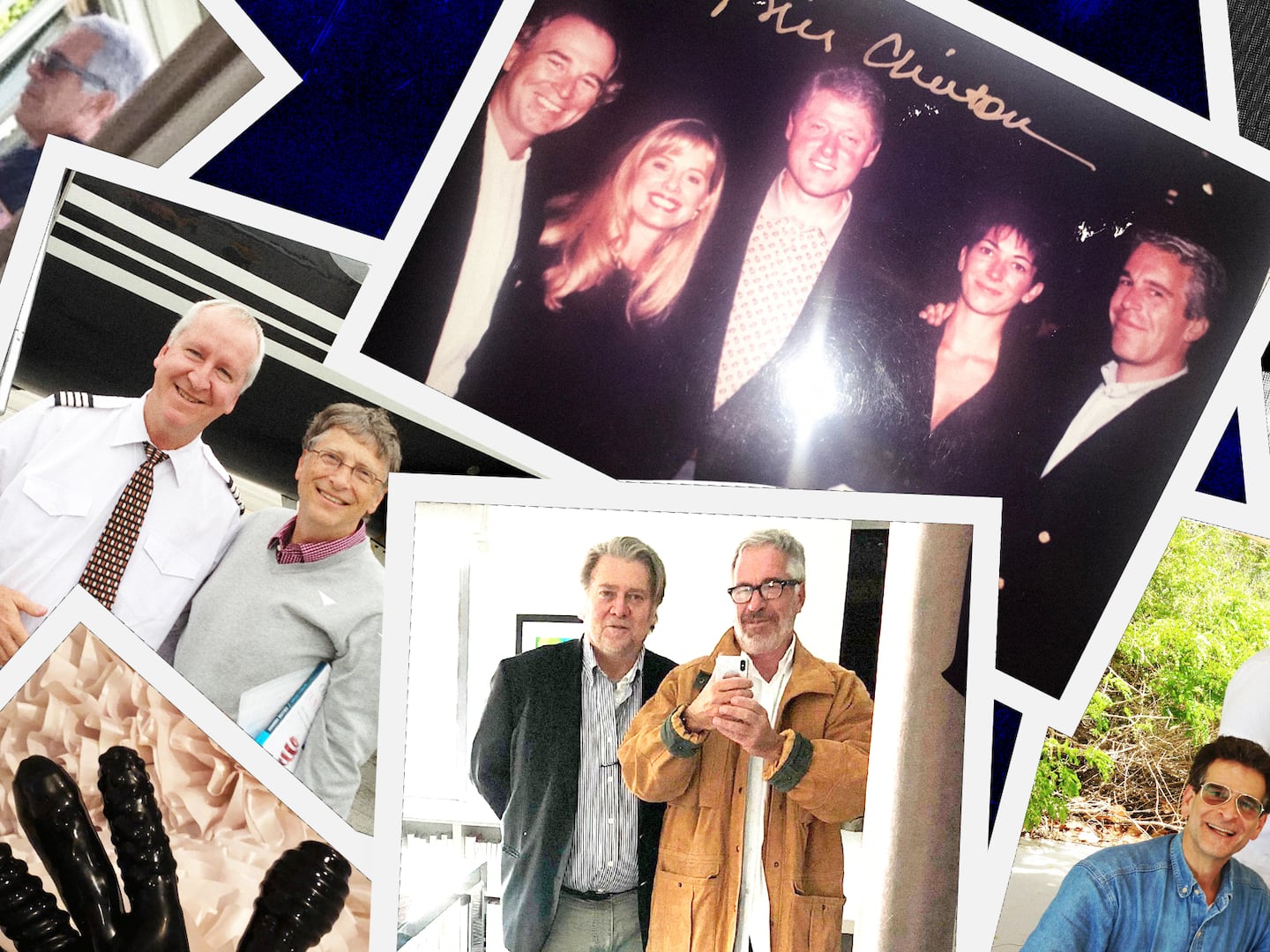According to Jewish tradition, the second temple was destroyed and 2000 years of exile were imposed upon us as a punishment for, or at least as a consequence of, the baseless hatred that persisted between the Jews. The state of Jewish sectarianism during the Roman occupation of the land of Israel was well summed up by Monty Python in the classic film “The Life of Brian.” In a memorable scene, Brian innocently asks the People's Front of Judea, in a case of mistaken identity, whether they happen to be the Judean People's Front. Brian is quickly shouted down. It is explained to him that "The only people we hate more than the Romans are the f***ing Judean People's Front...and the Judean Popular People's Front...and the Popular Front of Judea." It turns out that the Popular Front of Judea only has one member.
So, on this day of the Jewish calendar, the Ninth of Av, when Jews mourn the loss of the Temple and the destruction of Jewish sovereignty and, moreover, the fact that the Messiah hasn't yet come and that evil, war, hunger, injustice, and intolerance still pervade; on this day, we should particularly mourn the viciousness of contemporary Jewish sectarianism, the hatred that Jews feel for Jews because of differences in ideology or background.

The distrust and even outright disdain that Orthodox, Conservative, Reform, and Reconstructionist Jews have often had for one another are nothing new or unknown. But, for a long time, the Orthodox world seemed, at least from a distance, to tolerate a great wealth of diversity in custom and belief—from the various strains of Hasidism, to the non-Hasidic ultra-Orthodox, the Sephardi ultra-Orthodox, the Modern Orthodox, the national-religious, the neo-Hasidic Carlebachian, and so on. As I used to explain to my non-Jewish friends, in slightly ironic language: despite our various differences, Orthodox Judaism is a broad church, and our various sects and groupings still form a single communion.Whether or not that appearance of unity was anything more than a myth, it is certainly now the case that questions are being asked very publicly about the unity of the “Orthodox world.” This week, a senior member of Shas and a leading light of Sephardi ultra-Orthodxy, Rabbi Shalom Cohen, delivered a diatribe against Modern Orthodox Jews and the national-religious camp, in the presence of Rabbi Ovadia Yosef, the leading religious authority in the Sephardi ultra-Orthodox world and perhaps the most revered living religious authority in all of Orthodoxy. Talking about people like me—a Modern Orthodox Jew—Rabbi Cohen asked, “Are these people even Jews?” He then went on to compare us to Amalek, the Biblical nation that God commands the Jews to annihilate.
Rabbi Cohen's attack came hot on the heels of Rabbi Yosef's criticism of the Modern Orthodox candidate for the Chief Rabbinate of Israel, Rabbi Stav. Rabbi Yosef called Rabbi Stav “wicked” and “unfit for anything.”
Are we really one movement with different wings? Or has the Judean People's Front just split again? In the days preceding the Ninth of Av, the fractious Jewish people were displaying all of the characteristics that supposedly gave rise to the historical tragedy of the day.
And here comes my confession. I don't really care. I respect Rabbi Yosef's erudition and his brave and sometimes iconoclastic halakhic (Jewish legal) writings. But I don't care what he thinks of me or of my rabbis. I don't care what the ultra-Orthodox world thinks of me, my community, or my teachers, as long as we're striving, to the best of our abilities, to serve God and to adhere to Jewish law as we understand it.
But my lack of care has the dimension of a confession because I feel bad about not caring. By not caring, I'm also playing my part in the growing sectarianism of the Jewish people. The traditional rightward glance that Modern Orthodoxy paid towards the ultra-Orthodox was, in large measure, what kept the unwieldy Orthodox world as one “communion.”
If we don't care any more, then we're also playing our part in fanning the fires of division, even if the arsonists were the leaders of Shas.
But in writing these words, I realize that perhaps not caring is the key. I was once involved in organizing a Limmud Conference—an interdenominational Jewish learning and cultural event. One Reform rabbi I was in touch with was very eager to share a platform with an Orthodox rabbi from the United Kingdom's United Synagogue. Very few were willing to do so. This annoyed her. I explained that, as I saw it, it was her eagerness to be accepted that was putting the United Synagogue off. Because the non-Orthodox are seen by many in the Orthodox world as desperate for our recognition, many of us don't want to give it to them. They value our recognition too dearly for us to give it away!
But, I advised, if we cared much less about winning other people's acceptance, and came together as sincerely searching individuals, trying to figure out our relationship to God and our religious and cultural heritage, without trying to score points between different institutions—if we cared less about what other people thought, and more about what the truth is, we might actually be able to get along better.
So perhaps it's okay that I don't care what Shas thinks of me. I don't want them to care what I think of them either. I don't care what the Reform movement thinks of me, and I don't want them to care what I think of them. Instead, I want us all to care about each other without caring what we think of each other's beliefs. This is possible; in fact, I've seen it in action at many Limmud conferences.
Maybe, if the Judean People's Front and the Judean Popular People's Front spent less time caring about what they thought of each other, and more time caring for each other, they might have fended off the Roman occupation, and we wouldn't be fasting this Ninth of Av.






